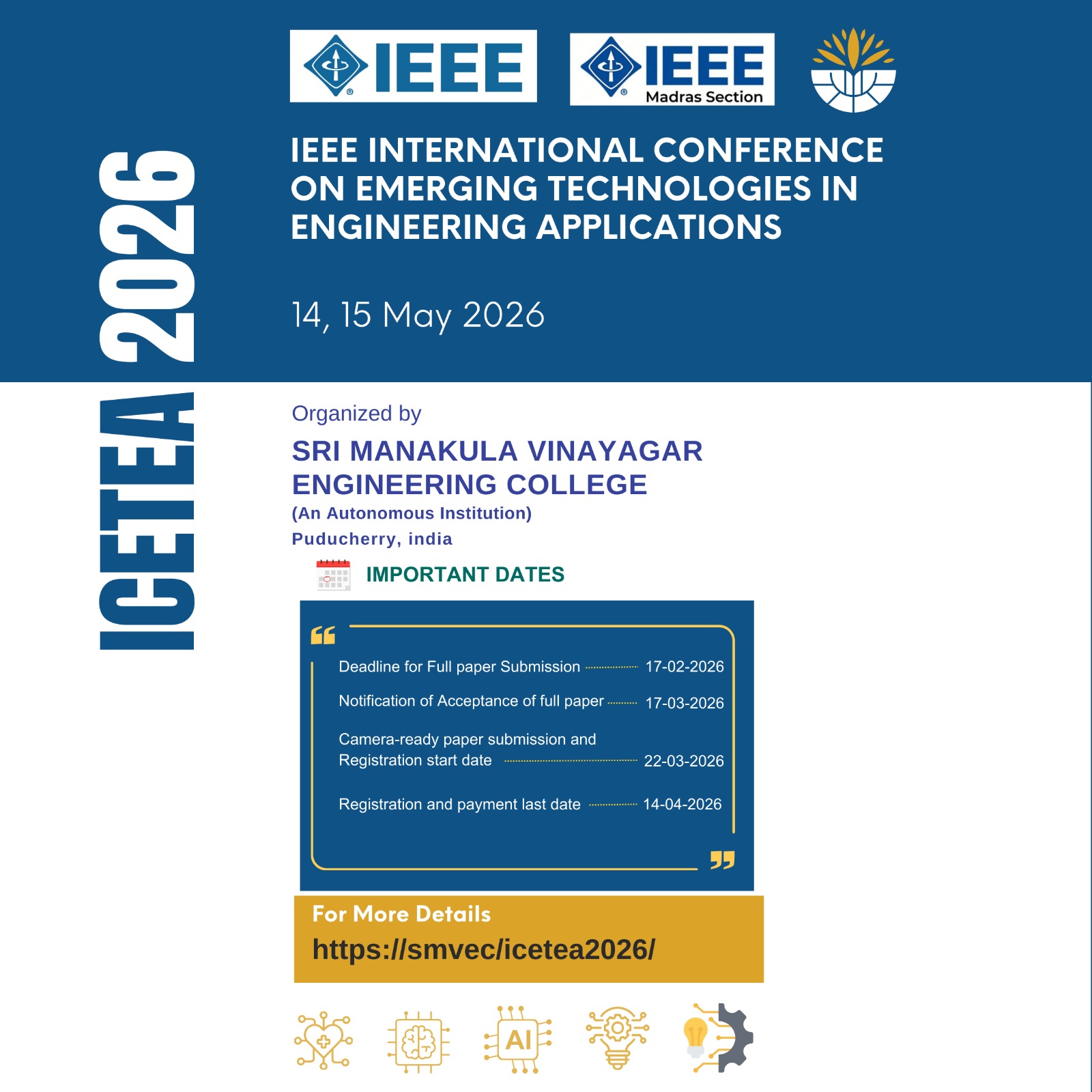It’s very important to choose a topic for your MBA project that is relevant and provides good research based on the problems existing in the industry. These projects enable you to show your skills in the MBA program. We have collected a list of the top 10 practical research project ideas containing various domains to help you excel in your management education.
Introduction
Business education is continually updating, and aspiring MBA students can engage in practical projects that prepare them for real-world challenges. In 2025, as businesses face new challenges and opportunities, the following 10 ideal mini-project topics for MBA students will provide valuable ideas and practical applications that match up with current market trends.
Top 10 Ideal Mini Project Topics for MBA Students in 2025
Here are 10 ideal mini-project topics for MBA students that reflect new trends and technology and issues in the business world:
1. Impact of AI on Business Operations
Analyse how artificial intelligence (AI) transforms business processes, automation processes and customer engagement. The project can include case studies on companies successfully implementing AI technologies to improve efficiency and innovation.
For example, choose banking, finance, and education sectors and how to implement AI/ML tech solutions and solve complex tasks.
2. Sustainable Business Practices in Supply Chain Management
Study the importance of sustainability in supply chains and how businesses are transitioning towards eco-friendly practices. The project can include analyses of companies that have adopted green supply chain practices and their impact on brand loyalty and profitability.
For example, study the clarity about sustainable supply chain practices in the retail industry. This research investigates sustainable practices along the retail supply chain, mainly concentrating on decarbonisation, ethically sourcing and minimising waste wherever necessary.
3. Consumer Behaviour Towards Remote Shopping
With the rise of e-commerce, assess how consumer behaviour has shifted during and after the COVID-19 pandemic. Conduct surveys or interviews to understand online shopping preferences, challenges, and expectations.
For example, work about e-commerce logistics and the future of last-mile delivery. This project’s analysis provides an overview of the new logistical issues associated with e-commerce, most notably the aspects of the last reports.
4. Digital Marketing Strategies for Small Businesses
Discuss effective digital marketing tactics for small enterprises. The project can examine how social media, SEO, content marketing, and online advertising can enhance visibility and increase sales for small business owners.
For example, choose how to develop marketing strategies in the digital age. This research will discuss the application of customer data in marketing campaigns, ROI improvement, and market segmentation, aiming especially at data analytics as a tool for enhancing marketing campaigns.
5. Employee Well-Being and Productivity
Evaluate the correlation between employee well-being initiatives and productivity levels within organisations. The project can include surveys assessing employee satisfaction in companies with and without wellness programs.
For example, think about both individual and organisational goals through PMS. The focus is on studying current performance management systems, particularly how such systems enable the integration of individual employee performances with the organisation’s strategic goals.
6. Role of Social Media in Crisis Management
Investigate how organisations use social media for crisis communication and management. Include case studies of businesses that have effectively navigated public relations crises through social media strategies to measure success and areas for improvement.
For example, brand positioning and consumer perception. This marketing project will consider how effective organisations position their market to set themselves apart
| Did you know? From the Medical Research Board of Science: Published the article about analysing the role of healthcare data analytics in decision making: In the framework of this AI/ML and data science, improve the challenges faced by the healthcare professionals in particularly data analytics, to improve the quality of care, management of processes, and upgrade the clinical choices made. |
7. Financial Literacy Among Students
Research the level of financial literacy among students and its impact on their financial decision-making. Prepare a project that includes developing workshops or seminars aimed at improving financial literacy among peers.
For example, work on Environmental, social, and governance (ESG) investing. This study will evaluate the growth of ESG investments and assess the connection between a company’s environmental and social performance and its financial performance.
8. Cultural Diversity in Organisations
Explore the significance of cultural diversity within company cultures. Assess how diverse teams contribute to innovation, decision-making, and employee satisfaction, along with strategies for promoting inclusivity.
For example, research about employee wellness programmes and their impact on organisational productivity. This study aims to look into the impact the wellness programs have on productivity and morale of employees.
9. The Future of Remote Work and Employee Engagement
Investigate how companies can maintain employee engagement in a remote work environment. The project can analyse innovative engagement strategies and tools organisations implement in response to the changing work culture.
For example, Employee’s preferences about work mode and organisation protocols and more.
10. Blockchain Technology in Business Transactions
Analyse the potential of blockchain technology to enhance transparency and security in business transactions. The project could focus on case studies of industries adopting blockchain and the resulting benefits and challenges faced.
For example, analyse digital transformation in banking. This work focuses on the current digital tech solutions in the banking industry and studies the impact of mobile banking, Artificial intelligence in customer care and service, and blockchain technologies.
Why Study MBA?
An MBA (Master of Business Administration) is a globally recognised degree that qualifies students with the skills and knowledge necessary to navigate the complexities of the modern tech business environment.
Here are a few compelling reasons why pursuing an MBA can be highly beneficial:
- Complete Knowledge Base
An MBA programme covers essential business disciplines, including finance, marketing, human resources, operations management, and strategy. This broad knowledge base allows graduates to understand the strong nature of business operations and makes them versatile in their roles.
- Leadership Skills
MBA programmes highlight the development of leadership capabilities. Students engage in team projects, case studies, and simulations that enhance critical leadership and managerial skills.
- Entrepreneurial Skills
With a focus on innovation and entrepreneurship, MBA programmes prepare students to develop business ideas into successful ventures, making them suitable candidates for startup ecosystems.
- Real-World Applications
Many MBA programmes include internships and projects that put theoretical knowledge into practice, preparing students for the challenges they will face in their careers.
Importance of Mini Projects
Engaging in mini projects during an MBA allows students to study specific areas of interest in depth while acquiring practical skills.
The importance of mini projects includes:
- Practical Learning: Mini projects provide hands-on experience, allowing students to apply classroom knowledge to real-world situations.
- Skill Development: They help students develop analytical, research, and problem-solving skills crucial for their future careers.
- Portfolio Building: Successful mini projects contribute to a student’s portfolio, showcasing their capabilities to future organisations.
- Research Opportunities: Students can analyse industry trends, consumer preferences, and business strategies, enhancing their understanding of dynamic market conditions.
Key Considerations When Choosing Mini Project Topics for MBA Students
Selecting the right mini-project topic is crucial for the success of the project. Here are some key considerations:
- Relevance: Choose a topic that resonates with current industry trends and business challenges.
- Interest: Select a subject that genuinely interests you to sustain motivation throughout the project.
- Expertise: Assess your strengths and areas of knowledge; choose a topic that allows you to expertise these while learning new skills.
- Resources: Evaluate the availability of resources, data, and support for your selected topic to promote thorough research.
- Career Goals: Set booming issues for your project with your career aspirations, demonstrating your expertise and commitment to a particular field.
In Demand MBA AI in Information Technology
- ERP system development: Build an ERP system customised using Java, SQL, and web frameworks.
- Cloud-based file storage: Create a cloud-based system using AWS or Azure using Python.
- Online payment gateway: Design a secure payment system with the help of APIs and encryption.
- Inventory management system: Create a web based inventory solution using HTML, MySQL, and JavaScript.
- Network security solution: Develop network security using firewalls and IDS/IPS.
Choose SMVEC for Your MBA Journey
At SMVEC, we offer a complete MBA programme that focuses on developing students with the skills and knowledge they need to excel in a competitive business environment. Our commitment to academic excellence, practical application, and industry engagement ensures our graduates are well-prepared for the challenges ahead.
By engaging in mini projects, our students gain invaluable experience that enhances their learning and prepares them for successful careers in various sectors.
Conclusion
As you want to become an MBA graduate, remember businesses continue to develop and face new challenges in 2025. The mini-project topics for MBA students highlighted in this blog provide valuable insights and opportunities for the practical application of business concepts.
Engaging in these projects not only strengthens student’s understanding of their chosen fields but also enhances their job opportunities and skill sets. By actively developing mini-projects, students can upskill the way to a successful career while positively impacting their organisations.
Also, get frequent updates from the SMVEC Instagram page
Frequently Asked Questions (FAQs)
1. Why are mini projects important for MBA students?
Mini projects provide practical experience, helping students apply theoretical knowledge, develop skills, and enhance their resumes.
2. How should I select a mini project topic?
Choose a relevant topic based on your interests, the resources available, and its alignment with your career goals.
3. Can I collaborate with others on my mini project?
Collaboration with seniors can enhance the learning experience and lead to diverse perspectives on your project.
4. What resources can I use for my mini project?
You can use books, academic journals, online databases, surveys, interviews, and industry reports to gather data and information.
5. How can I ensure my mini project stands out?
To make your project unique, focus on originality, thorough research, a professional presentation, and clear communication of your findings.




